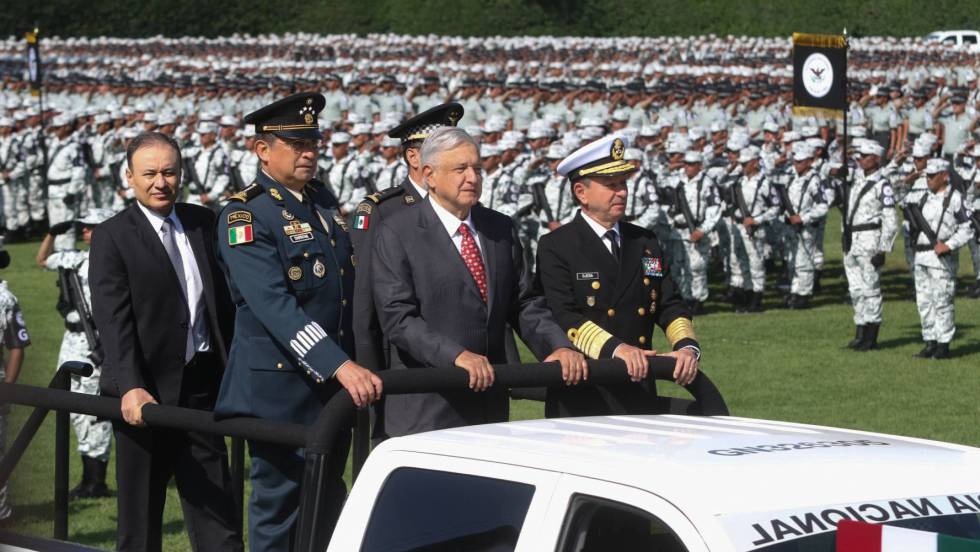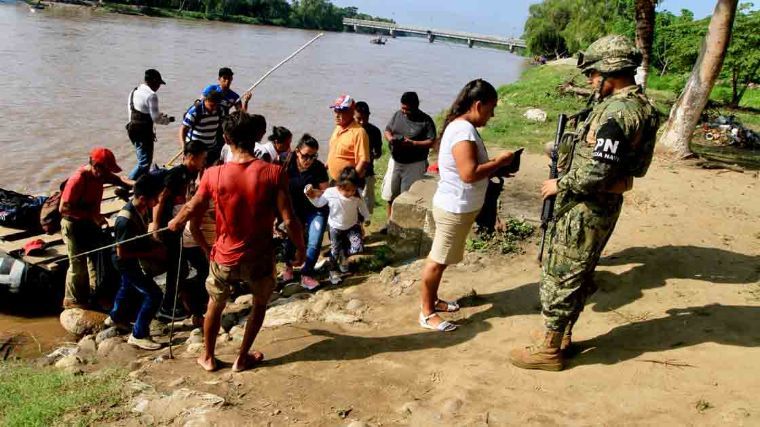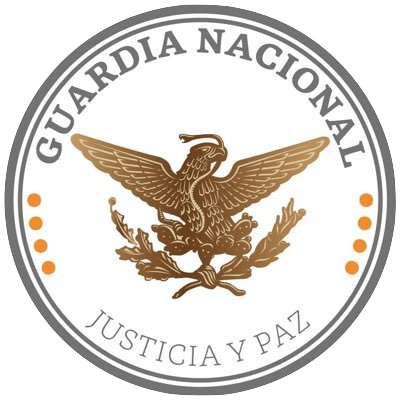
06/12/2020 (written by kheinle) – President Andrés Manuel López Obrador took steps to further institutionalize the military in addressing public safety. On May 11, the president signed an executive decree that expands the armed forces’ involvement in internal affairs nationwide until March 2024 or until the National Guard can assume the responsibilities.
The decree is officially published as, “AGREEMENT that makes the Armed Forces permanently available to fulfill public security duties in an extraordinary, regulated, fiscally managed, subordinate, and complementary manner.” Additional responsibilities include supporting investigations, “detaining suspects, securing crime scenes, and carrying out arrest warrants,” writes the Washington Office on Latin America (WOLA). Despite assuming more domestic duties, however, the decree does not expand oversight on the military. Soldiers will continue to be held to their own internal controls instead of being accountable to civilian institutions.
Why the Increase in Military Presence?
The military is being called into action to curb the continuing rise in crime and violence, which is currently at an all-time high. Mexico’s most violent year on record was 2019 with 35,588 homicides, according to the National System of Public Security (Sistema Nacional de Seguridad Pública, SNSP). This year is on track to be even higher. There were also more homicides in March 2020 than any other month under the López Obrador Administration (2,616 cases of intentional homicide and 3,000 victims), prompting the president to act.

The military’s presence will complement the work of the National Guard, which has arguably not evolved into the force that the president had hoped since it launched in July 2019. President López Obrador created the unit, which now has more than 100,000 troops enlisted, to combat the country’s ongoing challenges with organized crime and violence. Yet the Guard’s responsibilities in public security have adapted considerably since the outset. During their first year on the ground, National Guard troops were largely charged with aiding Mexico’s response to migration influxes at the country’s northern and southern borders and more recently with supporting efforts to curb the COVID-19 pandemic. Duncan Wood, director of the Mexico Institute at the Woodrow Wilson Center, commented, “The fact is the National Guard is simply an insufficient response to the violence in Mexico. This was always going to be the case,” he continued, “but with all of the extra responsibilities the Guard took on related to forced migration, there are extreme shortages in the workforce.
The president’s newly signed decree hopes to address the rise in violence by bringing in the military to alleviate some of the responsibility of the National Guard until that force is fully capable of handling the task.
Human Rights Concerns
The military’s presence in domestic affairs continues to raise red flags given the institution’s record with violating human rights. Said Santiago Aguirre, the director of the Miguel Agustín Pro Juárez Human Rights Center in Mexico City, “In effect, the army and navy are going to be handling police duties until 2024. [Both] have a long history of not being accountable, especially in cases of serious human rights violations.”

Concern over the National Guard’s responsibility in violating human rights also persists. The Guard was created as an institution with more accountability to civilian authority. When Congress approved the force in 2019, it instituted constitutional changes that established human rights protocols and protections overseeing the unit. Nevertheless, the National Guard is arguably a militarized force, much to the concern of human rights organizations.
Maureen Meyer of the Washington Office on Latin America highlights several ways in which this is so. First, over 75% of the National Guard is composed of soldiers, according to a Mexican government report. This is likely impacted by the fact that National Guard recruitment centers are all located on military bases. Second, the leader of the National Guard has roots in the military as a former member of the armed forces and as a retired general. Finally, the National Guard’s funding and equipment comes from the military.
In her article, Meyer recognizes that the National Guard does indeed have fewer cases of human rights violations documented against it as compared to the military, but it still has some. “Between July and November 2019, the CNDH [National Human Rights Commission, Comisión Nacional de Derechos Humanos] reported receiving 32 complaints of human rights violations committed by members of the National Guard, including accusations of migrant abuse, torture, and arbitrary detention,” she wrote. Such complaints have continued into the new year.
With a more militarized National Guard and the president’s decree to put the military back on the streets, it will be important to monitor potential rises in human rights violations.
Sources:
“AMLO deploys National Guard amidst controversy.” Justice in Mexico. July 24, 2019.




